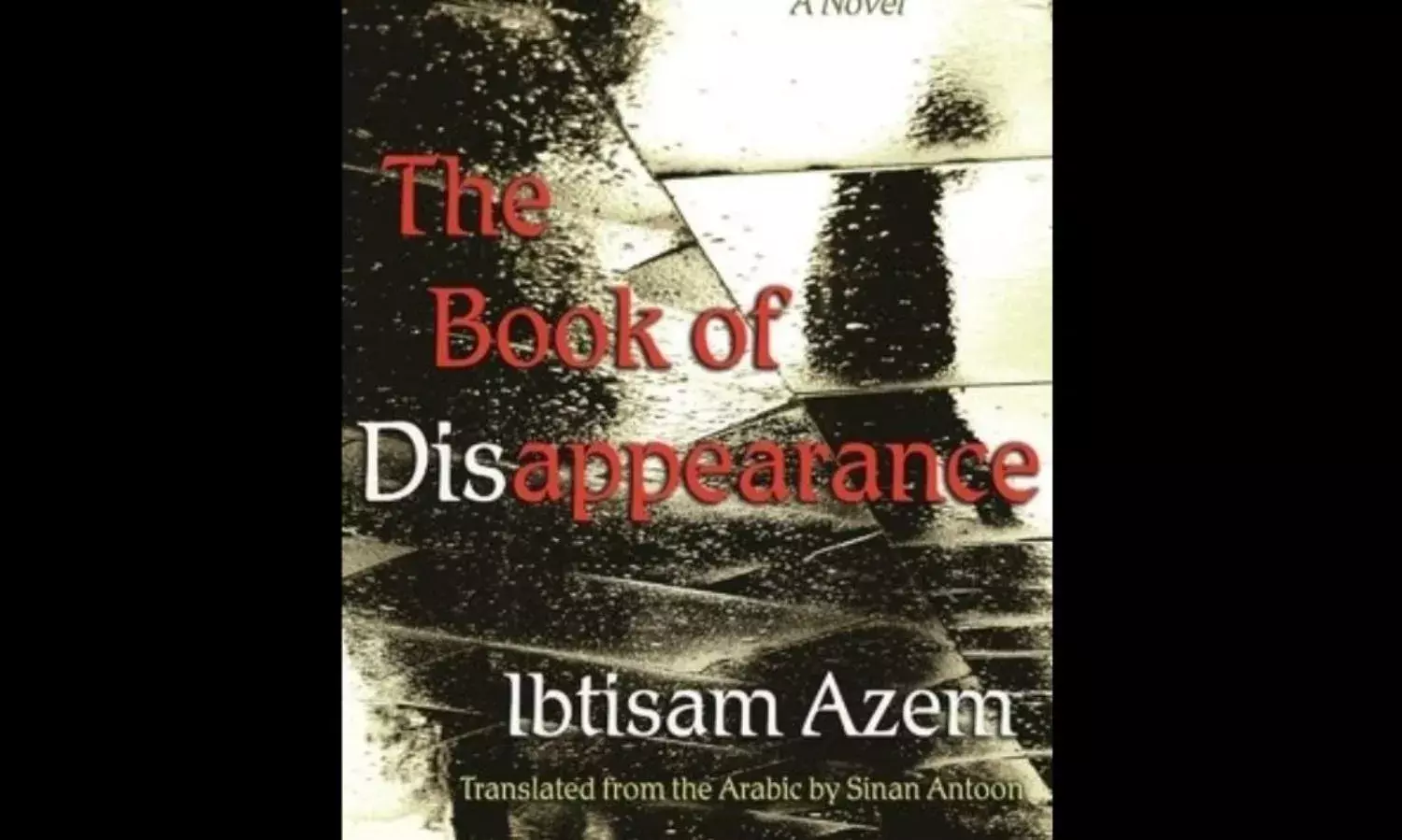What If The Palestinians Just Disappeared
Book review

The Book of Disappearance, Ibtisam Azem’s ingenious, multifaceted second novel, disturbs and remains long after it has been read.
Azem’s novel considers what would happen if the Palestinians were to disappear overnight. No bloodshed, they just simply vanish in one go – Israelis wake up to find the Palestinians in their midst are all gone.
There are no laborers to cultivate flowers, stubborn prisoners to torture, no drivers to operate buses, no friendly café owners to serve breakfast, no chivalrous doctors to reassure elderly ladies before surgery.
The disappearance does not happen immediately in Azem’s story. She grounds the lives of the main characters first and the novel is told through several narrators, both Palestinian and Israeli, male and female, young and old.
While Alaa, a young Palestinian man from Jaffa who lives in Tel Aviv, is the principal character, his grandmother is the beating heart of the novel and its central tragedy; her life is intertwined with the destiny of the city whose suffering she personifies.
The fusing of the cities’ names irks Alaa’s grandmother: the nomenclature Tel Aviv-Jaffa being, in her words, “just like someone being up your ass. You don’t see them and they never let go.”
The novel starts with the death of Alaa’s grandmother, on a bench overlooking the sea. The assaults she survived during her long life unfold throughout the novel, building a sense of the indestructibility of her character. Even her death appears transformative, for the event of her passing casts a mystical shroud over the disappearance of all of the Palestinians.
“Cities are stories and I only remember what I myself lived, or fragments from your stories and what you lived, but they are truncated,” Alaa writes to his grandmother in the diary that his Israeli neighbor and friend Ariel finds and reads after his disappearance.
“I remember their stories very well. The ones I learned in school, heard on TV and read and wrote in order to pass exams,” Alaa adds. Names replaced, lines drawn, maps altered, histories rewritten: these themes recur throughout the novel.
Like Azem, I am descended from the city of Jaffa, where her devastating story is set. But unlike the novelist, I have no direct knowledge of it, other than that of my father’s memories, the books I have read and films I have seen.
There is, however, for the descendants of those who remained and those who left, the same potency in how the memories before “that year” are passed on to the next generation, in this case to Alaa by his grandmother.
“We inherit memory the way we inherit the color of our eyes and skin,” Azem writes. Jaffa in The Book of Disappearance is a city that was terrorized and plundered in 1948: husbands separated from wives, children from mothers, populations forced to decamp.
The abuses of Palestinians who remained after 1948, subjected to military rule behind barbed wire fences, are more viscerally detailed in The Book of Disappearance than in any historical accounts I have read. They are accompanied by the descriptions of mental deterioration, of waiting, hope and despair.
For refugees and the descendants of refugees, trauma focuses on loss: of land, homes, family, nationality and a sense of belonging. The idea of resolution is connected to the desire to return to a place.
Azem’s novel explores the loneliness and loss of those who remained in that place, the “survivors.”
In his diary, Alaa addresses his grandmother: “You didn’t say that the population of the city went from 100,000 down to 4,000. No, you didn’t say that. You did say that you couldn’t recognize your city after they’d left. What bereavement! My mind cannot process these figures. Nor can I comprehend what it means for a city to lose most of its people. I, who was born and raised in Jaffa after Jaffa had left itself.”
Spanning out around the novel’s central relationships, moving back and forth in time from the date of the disappearance, are sharp cameos of Palestinian-Israeli relationships: acquaintances at market stalls, exploitation of Palestinian women in the agricultural sectors, the frustrations of Israeli doctors supervising prison torture, pimps and sex workers, affable café owners and their clientele and the fraught friendship between Alaa and Ariel, a journalist.
The Book of Disappearance demonstrates Azem’s dexterity, imagination and craft and has been brought to English-language readers in the pure, measured prose of the poet and writer Sinan Antoon.
The reader is compelled by the credible, yet extreme interactions of Azem’s characters. The fury at the injustice of the situation is muted, yet ubiquitous, the self-justification of the Israeli characters demonstrating an insider’s awareness of Israeli society.
The bleakness of contemporary Israeli-Palestinian relations is efficiently portrayed. The sense of fatigue, ennui and callousness is ubiquitous; senses are dulled, talents thwarted and relationships strained. This is a damning picture of a society cracked apart by the strain of its own prejudices and lies.
The Book of Disappearance by Ibtisam Azem, translated from Arabic by Sinan Antoon, Syracuse University Press (2019)
The Electronic Intifada
Selma Dabbagh is a British-Palestinian writer of fiction.



